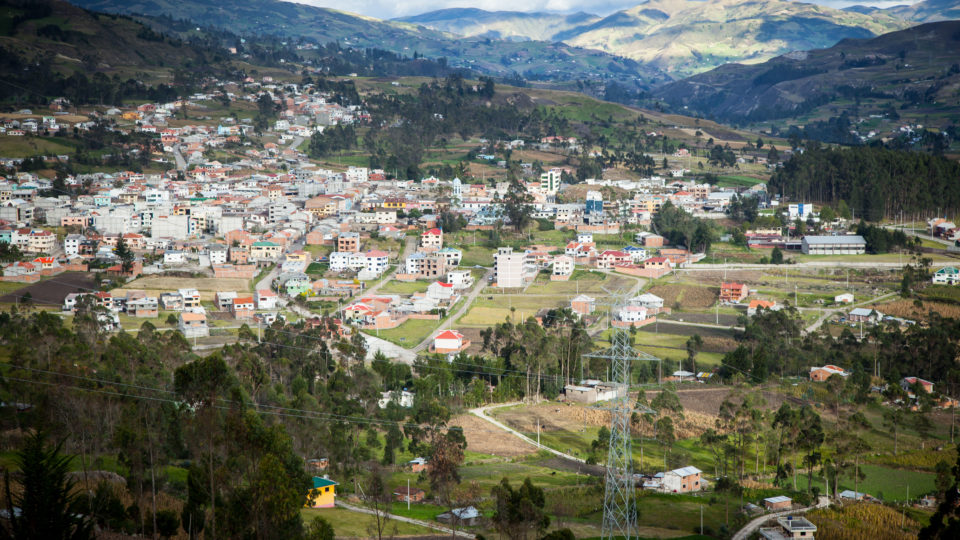Changes in Cuenca, Part 3: Now What?

Last week, we continued our series on Cuenca by examining the changes observed among Cuencan Millennials. This week, we’ll end our series by looking more deeply into how religious worldviews are changing in Ecuador and what that means for ministry in Cuenca.
Through an interview process, I expected to find that yes, a significant religious worldview shift has occurred in just one generation among mestizo Cuencanos. What I didn’t expect to find was such an overwhelming agreement in opinion to this thesis! In interviews with over 20 Cuencanos, I asked “Are young Cuencanos less religious than the generation of their parents?” Every single person answered yes.
Many interviewees believed that this change is a result of the influence of Western culture and philosophy through the media, especially the Internet. The influence of technology and its ability to spread ideas quickly seems to be a contributing factor, as well.
The secularization of education in Cuenca may have also contributed to this decline in religion among Millennial mestizos, though I noticed similar attitudes toward religion in both college-educated and non-college-educated young people.
Interviews showed in addition to this change in religion worldview, the holistic worldviews of young people have been affected as well. Their opinions on marriage, family, work, leisure, and other aspects of society have shifted dramatically to a less biblically-based perspective.
The results of these interviews, along with my observations detailed last week, while far from complete, appear to suggest that the Cuencanos themselves believe that a significant secularization of worldview has taken place among Millennial Cuencanos. Most of this change seems to have shifted within the last two decades.
As a result of these findings, Christian missionaries and pastors in Ecuador must be prepared to address the obstacles found here. A secular society presents special challenges to ministry. Young people are growing up in a different culture in Cuenca than their parents grew up in, and we need to be able to minister effectively, regardless.
For those ministering here, we need an increased dedication to understanding Scripture and communicating those truths to a culture that is rejecting the concept of God. Evangelical Christians leaders also need to be equipped to teach their church congregations how to address these challenges in their own evangelism and discipleship efforts. Training is necessary so that church members are “prepared to make a defense to anyone who asks for a reason for the hope that is in you.” (1 Peter 3:15) Our Reaching & Teaching team here is committed to this effort, as we seek to teach pastors and pastors-in-training throughout the country.
In light of these findings, please pray for Cuenca with me! Pray that these lost young people would come to know God as their Lord and Savior.
Want More Content Like This?
We will deliver Reaching & Teaching articles and podcast episodes automatically to your inbox. It's a great way to stay on top of the latest news and resources for international missions and pastoral training.
